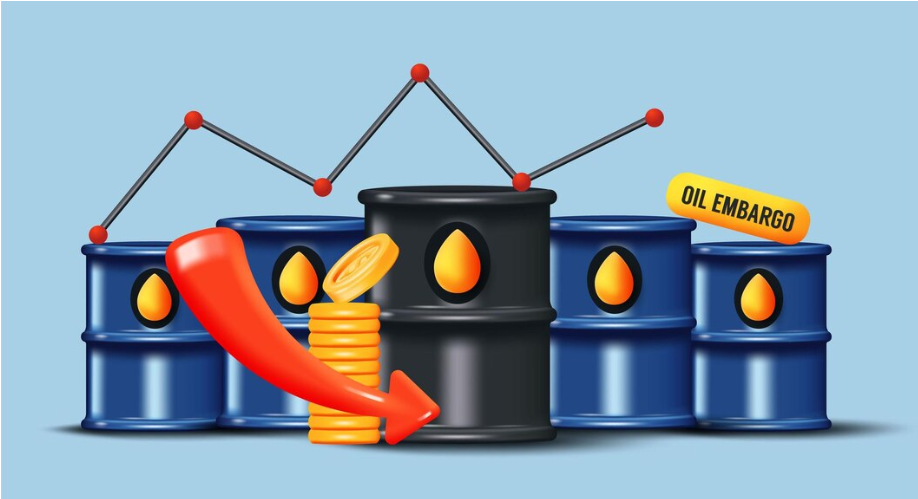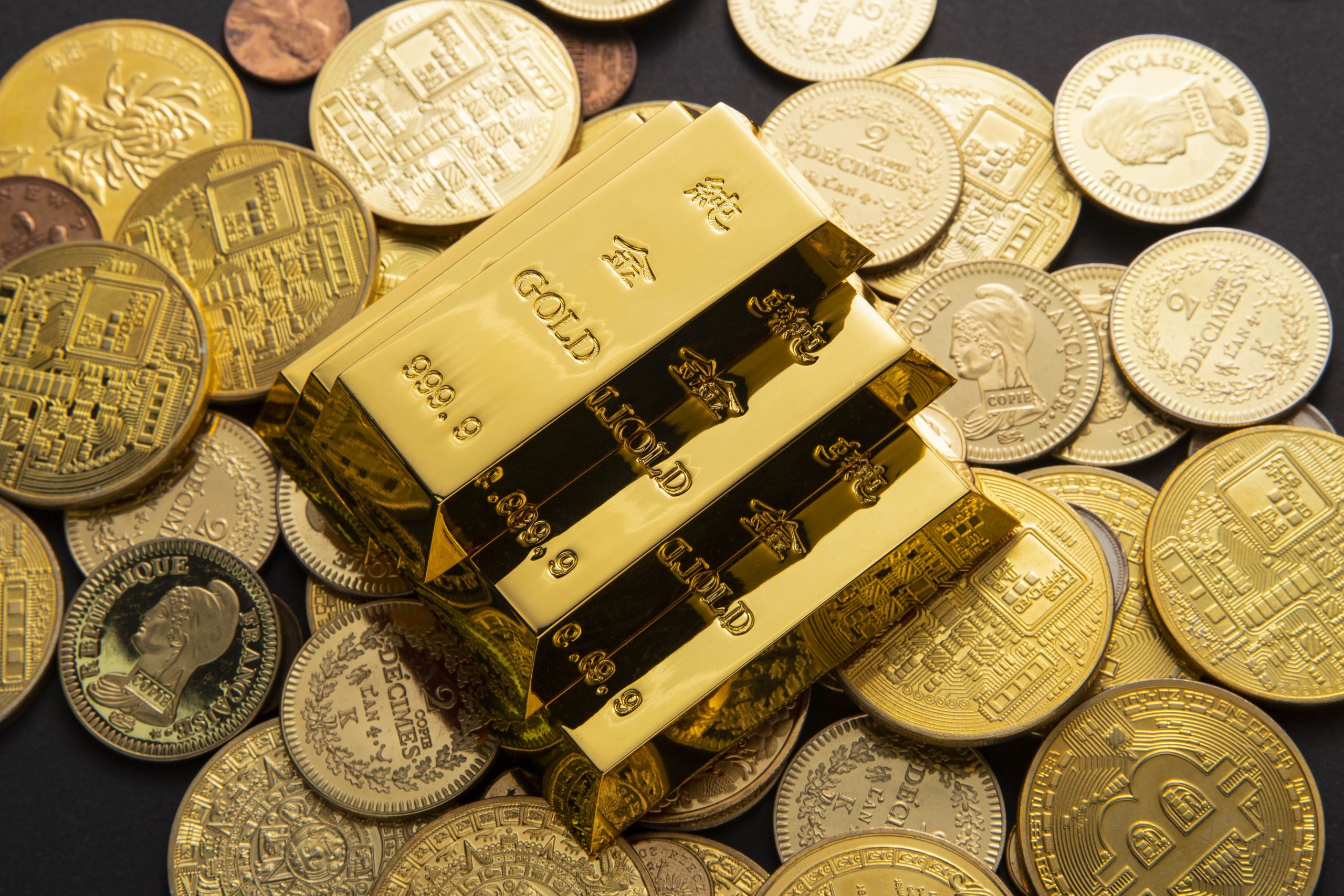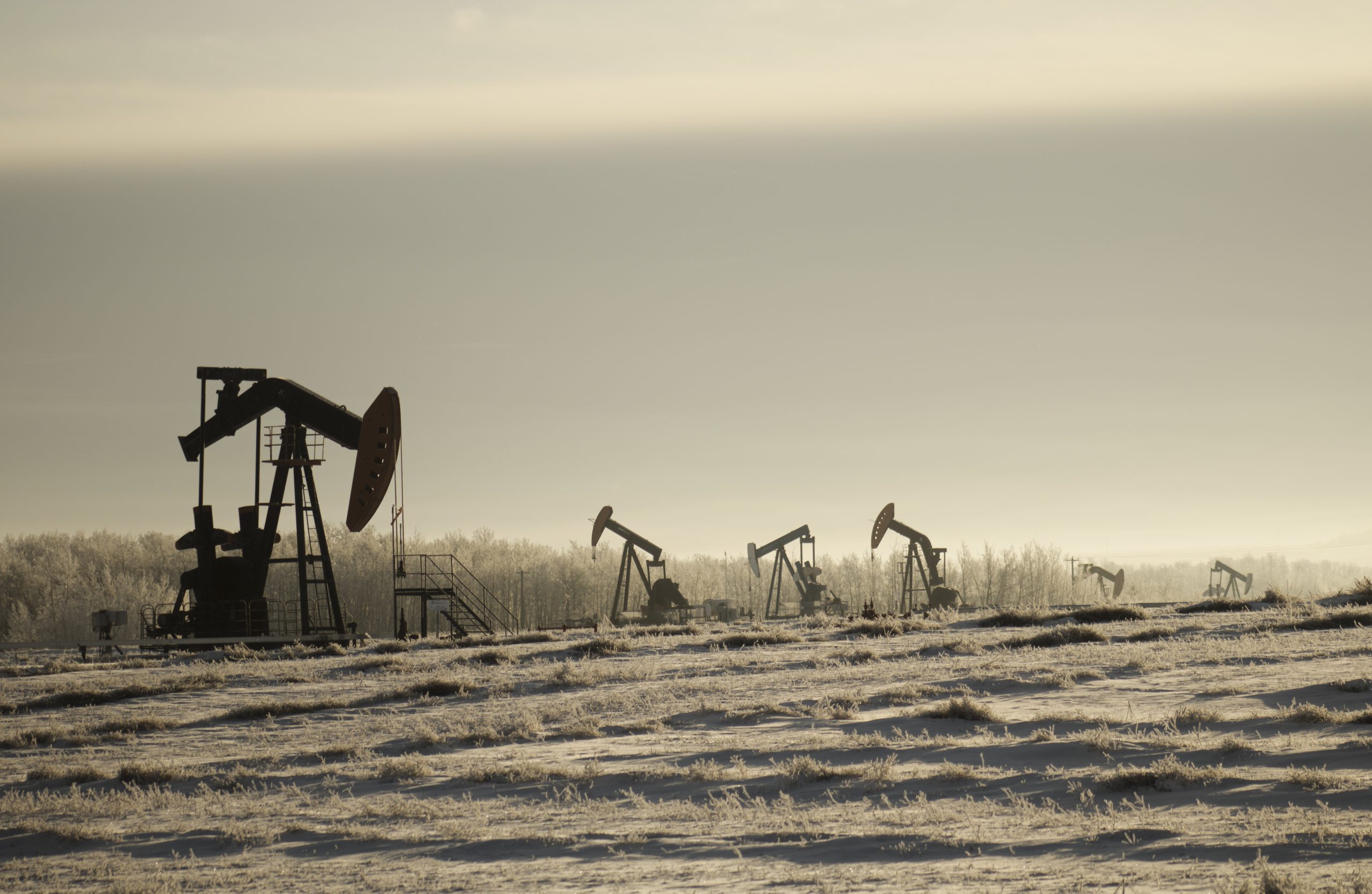Global events affect all areas of the economy, but some sectors feel the impact harder than others. Gold, oil, and crypto are three major assets that often experience huge swings with global shifts. Whether it’s a political event, an economic announcement, or even a natural disaster, these assets don’t stay untouched. But how does this actually play out? Let’s take a look at how events around the world create this ripple effect on these markets, one wave at a time.
The Connection Between Global Events and Market Prices
Every market runs on confidence and fear. When people feel uncertain or see risks ahead, they often flock to safer assets or, in some cases, hedge with volatile assets like crypto. Events around the world create unique responses in different markets, and each of these markets has its own unique relationship to events like elections, wars, or economic shifts.
- Gold is known as a “safe-haven” asset, often the go-to during times of economic or political trouble.
- Oil is more sensitive to geopolitical events, particularly in oil-producing regions.
- Crypto is the new player in the game, a digital asset that responds quickly to news but doesn’t always behave predictably.
These three assets have become some of the most-watched markets, and by understanding how they respond, traders and investors can better navigate market volatility.
Gold: The Traditional Safe-Haven
Why Does Gold React to Global Events?
Gold has a long history as a “store of value.” When people worry about the value of currency or the economy, they often turn to gold as a form of protection. It doesn’t lose its value overnight, and its stability is seen as a buffer against inflation or economic chaos.
- Political Tensions: When global politics get intense, investors tend to flock to gold. Think about situations like Brexit, trade wars, or even changes in government leadership in major economies. Gold prices tend to climb when there’s uncertainty about the future.
- Economic Data: Economic indicators like inflation, employment data, and interest rate decisions also affect gold prices. When there’s a fear of inflation, gold prices often rise, as people try to secure their wealth against decreasing currency value.
- Natural Disasters or Pandemics: During times of natural disasters or health crises, people tend to hold on to assets like gold as the future feels uncertain.
Personal Insights
In my experience, gold is often the go-to when the stock market’s volatility starts to feel overwhelming. If you’ve ever watched the news and felt anxious about the future, you might understand why so many turn to gold. For traders, tracking events and data can offer clues on when to buy gold as a hedge.
Oil: Power, Politics, and the Price of Crude
How Geopolitical Events Impact Oil Prices
Oil prices are heavily influenced by geopolitics and supply chains. Oil-producing regions, especially the Middle East, hold a significant amount of power over oil prices. When there’s tension or conflict in these areas, prices can swing dramatically.
- Supply Disruptions: When there’s instability in oil-rich regions, concerns about supply disruptions can lead to sharp increases in oil prices. A prime example is how conflicts in the Middle East often cause oil price spikes.
- OPEC Decisions: OPEC, or the Organization of the Petroleum Exporting Countries, regularly makes decisions on production quotas, and these can have a huge impact on prices. When OPEC decides to cut or increase production, the effects ripple across the global economy.
- Environmental Policies and Regulations: Global events can also shift the focus to renewable energy, putting oil prices under pressure. For instance, international agreements on carbon emissions or energy policies can influence oil prices as governments push for less dependency on fossil fuels.
Personal Insights
The oil market is probably one of the most sensitive ones I’ve ever come across. One headline about a disruption or an OPEC decision, and the prices can go up in a flash. If you’re investing or trading oil, it’s essential to stay up-to-date on global events and OPEC meetings. Being prepared for sudden price swings is key.
Crypto: The Wild Card of the Markets
Why Crypto is So Volatile
Cryptocurrencies, like Bitcoin and Ethereum, are relatively new compared to gold and oil. While they may not have a clear-cut relationship with world events like gold or oil, they still react strongly to various global triggers.
- Regulation News: Since cryptocurrencies aren’t widely regulated, news about regulation in major economies can cause wild swings in prices. For instance, when China announced its crackdown on crypto, prices dropped drastically.
- Technological Developments: New developments or upgrades in crypto networks can influence prices. Major events like Bitcoin halving or updates to the Ethereum network often lead to volatility.
- Institutional Adoption: When large companies announce support for crypto, prices often soar as it brings a sense of legitimacy to the asset. Likewise, when companies drop support, prices can plummet.
Personal Insights
Crypto feels a bit like a roller coaster. It reacts to everything from government regulations to celebrity tweets, and its volatility can make it thrilling—or scary. The good thing about crypto is that it’s open 24/7, so traders can stay active around the clock. But it’s also challenging because any major news, day or night, can affect the market in seconds.
How Traders Can Navigate the Impact of Global Events
Stay Informed with Real-Time Data
One of the best ways to stay on top of these changes is to have access to real-time data. FXpricing.com offers tools that help traders track live forex, crypto, and commodities data. Having instant access to this information can make a big difference in understanding where the market is going.
- Use Alerts and Notifications: Setting up alerts can keep you ahead when global events impact your assets.
- Analyze Historical Data: Understanding how gold, oil, or crypto reacted to similar past events can help you make more informed decisions.
Build a Diversified Portfolio
With so much volatility, it’s crucial not to put all your eggs in one basket. By diversifying across gold, oil, and crypto, you can balance your risk. For example, if you hold oil stocks and there’s a supply disruption, the price of oil might go up, compensating for other parts of your portfolio that might dip.
Keep an Eye on Economic Indicators
Economic data like inflation rates, unemployment numbers, and interest rates give traders a better idea of where markets may go. For instance, inflation fears might lead to higher gold prices, while positive economic data could boost oil demand.
FAQs
Q1: How does political instability impact gold prices?
Political instability often leads investors to move their money into gold, viewing it as a safe haven during uncertain times. This drives demand, which can increase gold prices.
Q2: Why is oil so sensitive to global events?
Oil’s price is heavily influenced by supply and demand, so any event that impacts oil-producing regions, like conflicts or natural disasters, can cause sharp changes in price.
Q3: How can I stay updated on real-time market data?
Platforms like FXpricing.com provide real-time data on forex, crypto, and commodities markets. You can set alerts and notifications to stay informed about changes in market conditions.
Q4: Why is crypto more volatile than other assets?
Crypto is still a relatively new asset class with less regulation, which makes it more susceptible to sudden shifts in sentiment based on news, regulations, or even social media trends.Q5: Is it safe to invest in gold, oil, or crypto during uncertain times?
It depends on your risk tolerance. Gold is considered a safe haven, while oil and crypto can be more volatile. Diversifying across different assets can help balance potential risks.




